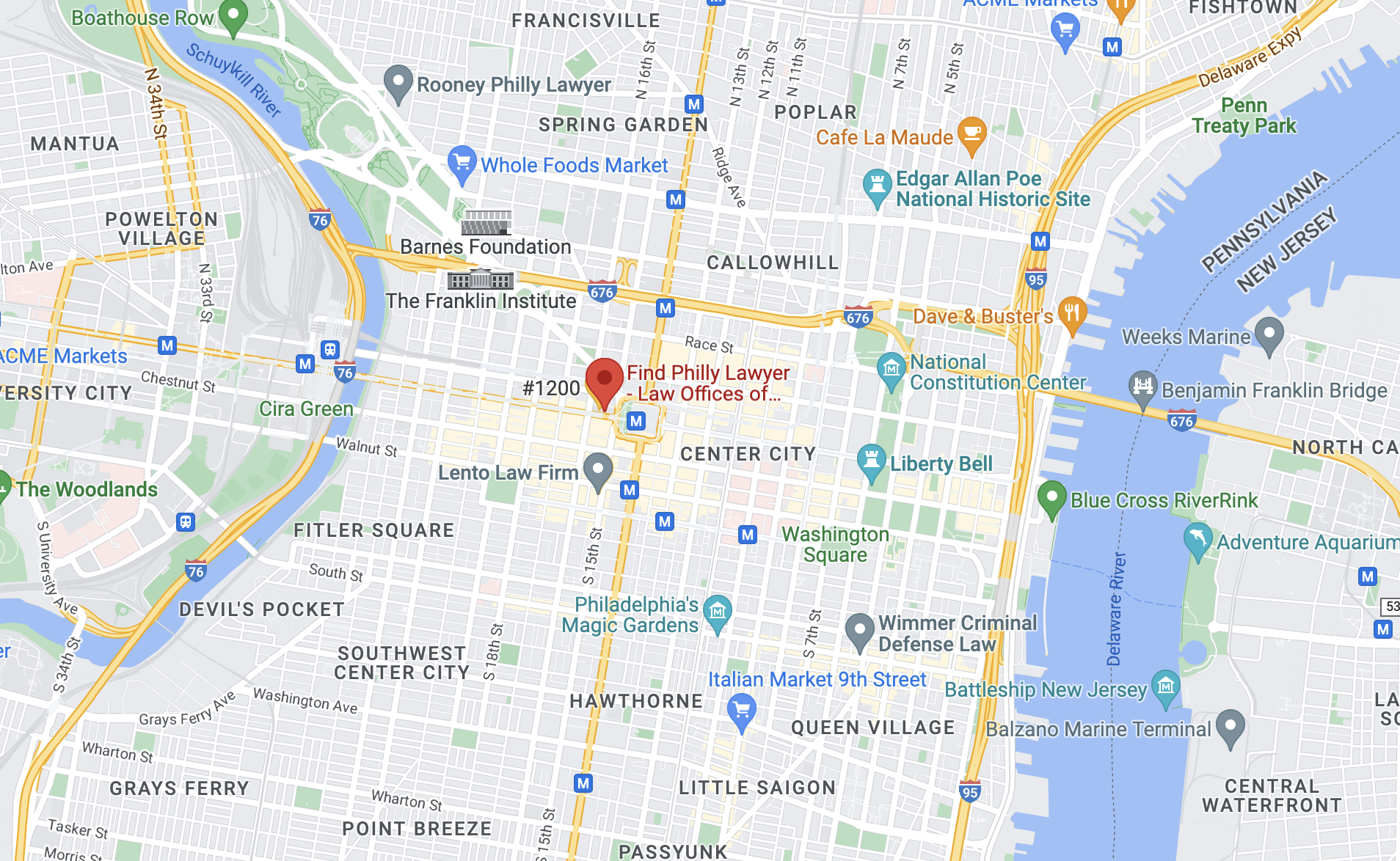Facing arrest for committing a crime is likely one of the most frightening experiences for a student or any other person. Resisting an arrest can make this situation even more dangerous or stressful for a defendant. Whether you believe that you were unlawfully arrested or that the law enforcement officer acted inappropriately, you should be aware of the consequences of resisting arrest. If you are a student at Temple University and you were charged with resisting arrest, contact an experienced Philadelphia resisting arrest defense attorney.
The Law Office of Lonny Fish is here to help you pursue a desirable outcome for your criminal case. Our firm understands the confusion and uncertainty that can accompany a criminal case, and we are here for you. To schedule a free legal consultation with criminal defense lawyer Lonny Fish, contact the Law Office of Lonny Fish at (215) 826-3314, or contact us online.
Pennsylvania Resisting Arrest Laws
Resisting arrest is typically an offense that stems from another type of crime. For example, if a person is stopped for suspicion of driving under the influence and law enforcement moves to arrest the driver after they fail the sobriety test if the driver begins to fight, they are resisting arrest.
Pennsylvania criminal law defines resisting arrest as a scenario where a person intends to stop a “public servant” from carrying out a lawful arrest or from carrying out other law enforcement-related duties. A person can also be charged with resisting arrest if while under arrest they act in a manner that could seriously injure a public servant or cause the public servant to exercise a significant amount of force to handle the situation.
A public servant is a term that encompasses a wide range of individuals that may operate in law enforcement:
- Police officers
- Individuals employed by state or federal government
- Members of the General Assembly
- Judges
This is not an exhaustive list. There are other parties that may qualify as a public servant for the purpose of the resisting arrest law.
Criminal Penalties for Resisting Arrest
In Pennsylvania, the crime of resisting arrest is typically charged as a second degree misdemeanor. Misdemeanors have three different grades: first degree misdemeanor, second degree misdemeanor, and third degree misdemeanor. In terms of criminal penalties, second degree misdemeanors fall between first degree misdemeanors (most serious type) and third degree misdemeanors (least serious type).
If a defendant is convicted of resisting arrest, the maximum criminal penalties include two years in prison and up to $5,000 in criminal fines. It is also important to remember that an offense for resisting arrest is likely to be tied to another type of crime. This means that a defendant could be facing additional time in prison if they are convicted of the original offense and resisting arrest for that offense.
Defenses to Students Resisting Arrest in Pennsylvania
There are multiple defenses to resisting arrest that a defendant may be able to utilize in their criminal case. One possible defense to resisting arrest is that the defendant was not intentionally resisting the public servant. For example, if the defendant had a medical condition that prevented them from complying with orders from a law enforcement officer, this would make the defendant incapable of resisting arrest.
Another scenario that can be used as a defense to resisting arrest is that the arrest was being carried out by an individual that was not a public servant. For example, if the security guard for a retail store attempted to arrest a person they believe was shoplifting, resisting the arrest may not result in a criminal charge.
Additionally, if a defendant were being arrested for a crime that they did not commit, this would not be a “lawful arrest” as stated in the statute. If the defendant did not commit the underlying crime, this could also invalidate the crime of resisting arrest. However, if the defendant seriously injured an officer while they were resisting, this could make this defense invalid.
If you are concerned about how resisting arrest and the underlying crime could affect your case, you should speak with an experienced attorney immediately. Our firm can help with not only your criminal case but any disciplinary proceedings instituted by Temple University.
Work with Our Experienced Philadelphia Criminal Defense Lawyer Today
If you or a family member was charged with resisting arrest, contact an experienced Philadelphia criminal defense lawyer today. With over 10 years of legal experience in criminal law, defense lawyer Lonny Fish is ready to take on your criminal case. Our firm avoids litigating a large volume of cases so that we can offer you the unique representation that you need. To schedule a free consultation to discuss your legal options, contact the Law Office of Lonny Fish at (215) 826-3314.



 Liberty Law Team
Liberty Law Team  (215) 826-3314
(215) 826-3314 lonny@libertylawteam.com
lonny@libertylawteam.com





